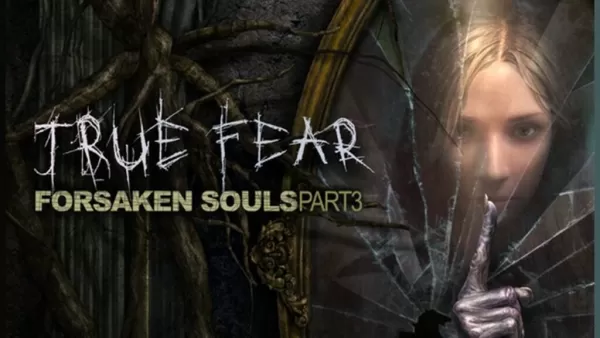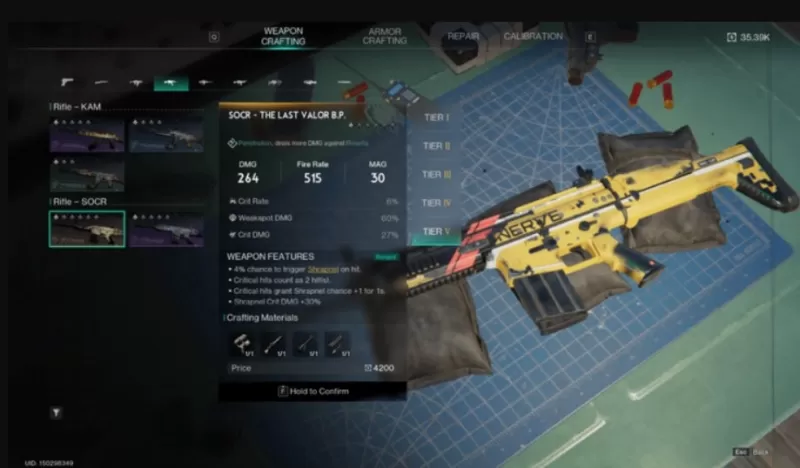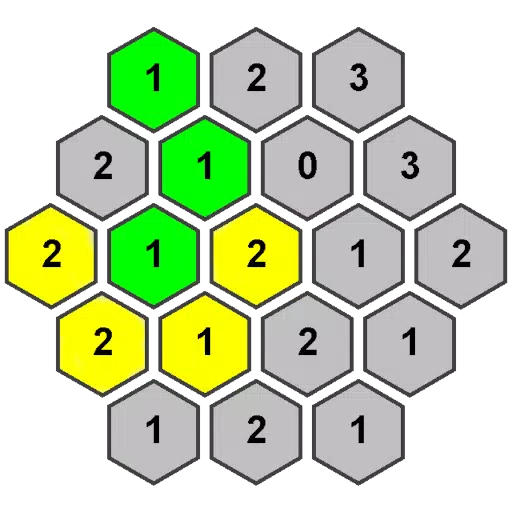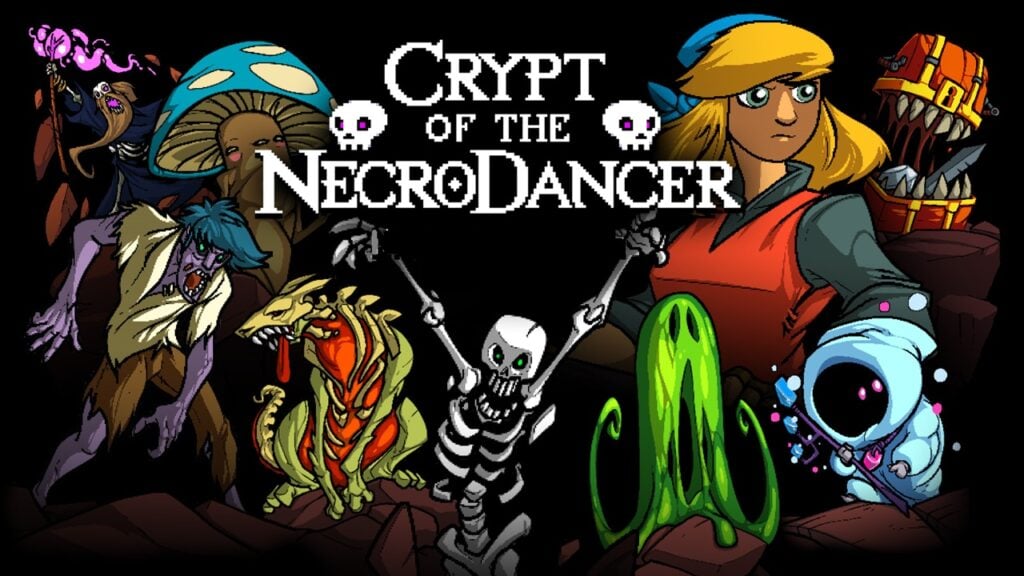The use of artificial intelligence (AI) in video games has sparked significant discussion recently, with notable figures like NieR series director Yoko Taro expressing concerns about its impact on the industry. In a recent interview with Famitsu, translated by Automaton, several prominent Japanese game developers known for their narrative-driven games shared their views on AI's role in the future of gaming. The panel included Yoko Taro, Kotaro Uchikoshi (known for Zero Escape and AI: The Somnium Files), Kazutaka Kodaka (Danganronpa), and Jiro Ishii (428: Shibuya Scramble).
When asked about the future of adventure games, both Yoko and Uchikoshi delved into the topic of AI. Uchikoshi voiced his apprehension about AI-generated games potentially becoming mainstream, given the rapid evolution of AI technology. He acknowledged that current AI struggles to produce writing that matches human creativity, emphasizing the importance of maintaining a "human touch" to stay ahead of technological advancements. Yoko echoed these concerns, suggesting that AI could lead to game creators losing their jobs. He even speculated that in 50 years, game creators might be treated similarly to bards.
The discussion also touched on whether AI could replicate the intricate worlds and narratives of their games. Yoko and Ishii agreed that AI could potentially imitate their works, but Kodaka argued that AI would fall short of truly behaving like a creator. He likened this to how others might write in David Lynch's style, yet Lynch himself could alter his style while still maintaining authenticity.
Yoko proposed the use of AI to generate new scenarios in adventure games, such as creating personalized routes. However, Kodaka pointed out that this personalization could diminish the shared experience that games often provide.
This conversation reflects broader industry sentiments, as other creators and companies like Capcom, Activision, and Nintendo have been exploring and discussing AI's potential and challenges. Nintendo president Shuntaro Furukawa highlighted the creative possibilities of generative AI while acknowledging concerns about intellectual property rights. Microsoft and PlayStation have also contributed to the ongoing dialogue about AI in gaming.
 Home
Home  Navigation
Navigation






 Latest Articles
Latest Articles










 Latest Games
Latest Games












